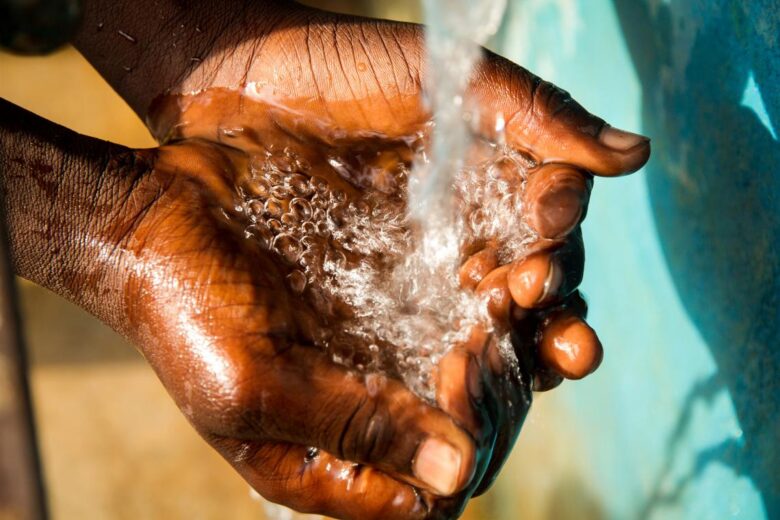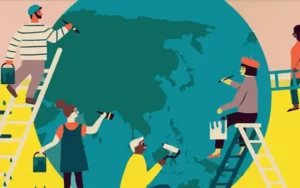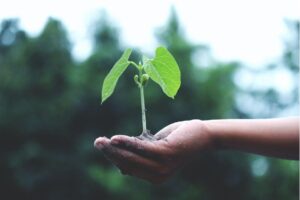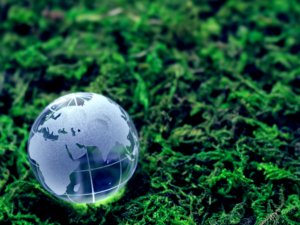Access to clean water and sanitation is a fundamental human right that everyone deserves. It means having safe and clean water to drink, as well as proper facilities for hygiene and waste disposal. This essential resource is vital for our health, well-being, and the overall development of communities.
Firstly, let’s discuss the importance of clean water. Clean water is essential for our survival and good health. It helps us stay hydrated, keeps our bodies functioning properly, and prevents waterborne diseases. Without access to clean water, people can suffer from illnesses like cholera, diarrhea, and typhoid, leading to severe consequences, especially for children and vulnerable individuals.
Ensuring access to clean water involves proper management of water sources, such as rivers, lakes, and groundwater. It also requires treating water to remove harmful contaminants before it reaches our homes and communities.
Transitioning to clean water starts with investing in water infrastructure and technologies. This may include building wells, water treatment plants, and pipelines to distribute water to communities. By utilizing modern solutions, we can ensure that clean water is available to everyone, even in remote areas.
Keep reading about, Access to Clean Water and Sanitation:
Sanitation is equally important for our health and well-being. Proper sanitation means having facilities like toilets and waste disposal systems that protect the environment and prevent the spread of diseases. Without adequate sanitation, water sources can become contaminated, further exacerbating health issues.
Transitioning to proper sanitation involves building hygienic and accessible toilets for everyone. This is especially crucial in schools, healthcare facilities, and public places. Sanitation initiatives should also prioritize the safe disposal of human waste to prevent pollution and protect the environment.
Access to clean water and sanitation is particularly critical in areas affected by emergencies or natural disasters. During such times, providing clean water and sanitation facilities becomes a priority to prevent the outbreak of diseases and ensure the well-being of affected communities.
They highlight the interconnectedness of clean water, sanitation, and our overall well-being.
Furthermore, clean water and sanitation are essential for achieving other Sustainable Development Goals (SDGs). For example, access to clean water can improve education outcomes by reducing waterborne illnesses that keep children out of school. Sanitation also plays a crucial role in reducing gender inequalities, as it affects women and girls’ safety and dignity.
In conclusion, access to clean water and sanitation is a basic human right that everyone should have. By investing in water infrastructure, treating water, and promoting proper sanitation, we can ensure that everyone has the chance to lead healthy and fulfilling lives. These essential resources not only protect our health but also support other aspects of sustainable development. Let us work together to make access to clean water and sanitation a reality for all and build healthier and more prosperous communities.
| Read more about sustainable sources. |
| Learn more sustainable. |




